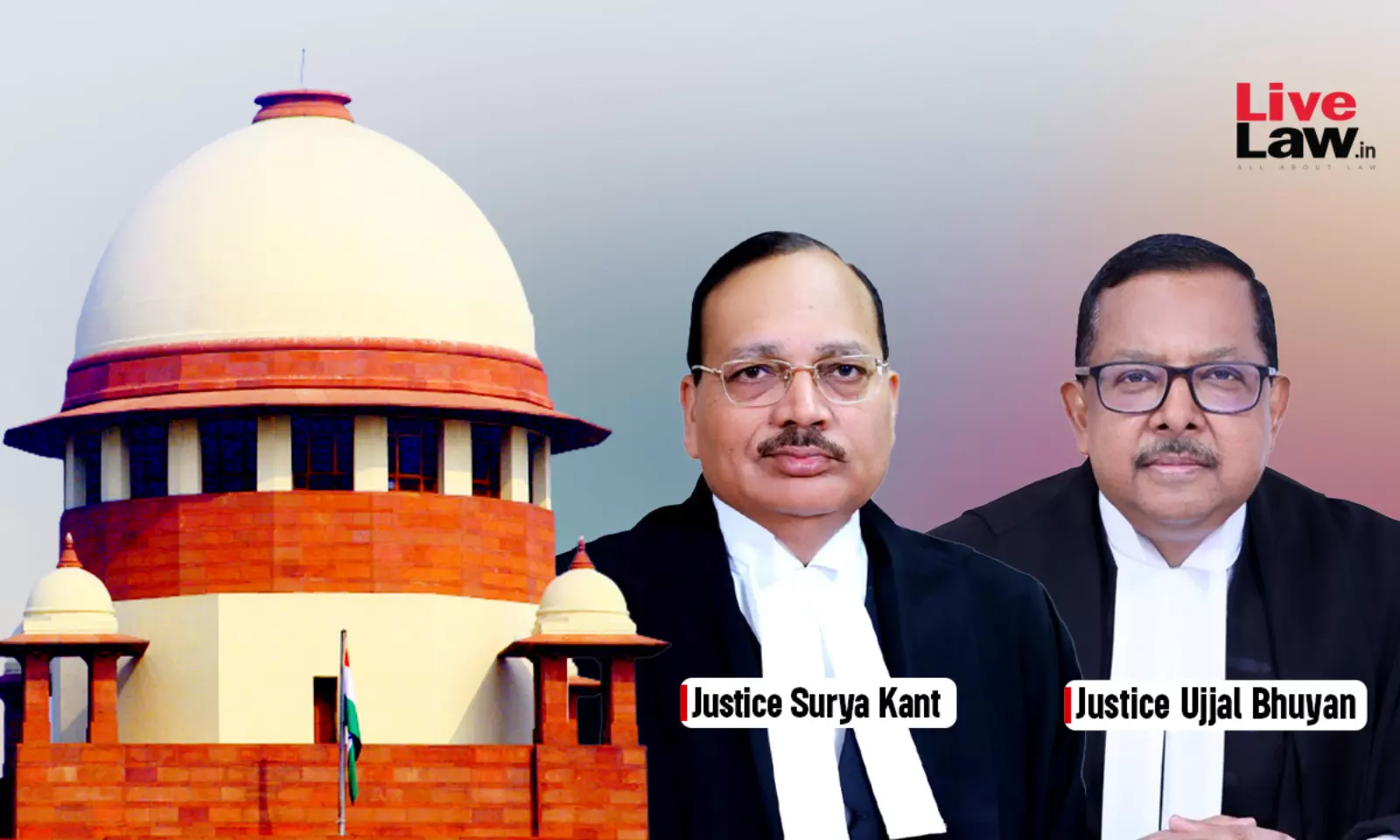 |
|
The Supreme Court of India recently delivered a landmark judgment that has significant implications for the relationship between elected representatives and bureaucratic authorities within the country's governance structure. The case, Sonam Lakra versus State of Chhattisgarh and Ors., centered on the illegal removal of a 27-year-old woman Sarpanch (village head) from her position in Sajbahar Gram Panchayat, Chhattisgarh. The Sarpanch, Sonam Lakra, was elected in 2020 and subsequently removed in 2023 due to alleged delays in the execution of certain construction projects. This removal, the Supreme Court decisively argued, was a blatant example of bureaucratic overreach and a manifestation of a persistent 'colonial mindset' within administrative authorities. The court's strong condemnation of this mindset underscores a critical issue within Indian governance: the need for a clear delineation of roles and responsibilities between elected officials, who derive their authority from the democratic will of the people, and appointed bureaucrats, who are tasked with implementing government policies.
The core of the Supreme Court's judgment lies in its sharp distinction between 'elected public representatives' and 'selected public servants'. The court emphatically stated that elected officials, such as the Sarpanch, cannot be treated as subordinates to bureaucrats. The democratic legitimacy conferred upon elected representatives by the electoral process is paramount, and this fundamental principle must be respected by all arms of government. The court pointed out that government servants frequently disregard this crucial distinction, attempting to exercise unwarranted control and supervision over the elected officials, thereby undermining the very essence of democratic governance. This assertion of 'self-styled supervisory power,' the judgment stated, is intended to equate elected representatives with public servants, completely ignoring the democratic mandate conferred upon them through the electoral process. The court's strong words, particularly the characterization of the administrative authorities' actions as reflecting a 'colonial mindset', serve as a powerful rebuke of the prevailing power dynamics and underscore the importance of upholding democratic principles.
The Supreme Court's decision to set aside the Sarpanch's removal is not solely based on the procedural irregularities. The court also extensively examined the merits of the case and found the accusations against Ms. Lakra to be arbitrary and baseless. The court recognized that construction projects are inherently complex, involving multiple stakeholders and factors beyond the control of any single individual. Attributing the delays solely to the Sarpanch, without any evidence of her specific failures in her duties, was deemed ‘totally atrocious’. This aspect of the judgment highlights the importance of due process and fairness in administrative actions. The court’s emphasis on the need for evidence-based decision-making rather than arbitrary actions is crucial for ensuring accountability and transparency within the administrative system. By awarding Ms. Lakra Rs 1 lakh in costs payable by the State of Chhattisgarh, the Supreme Court further emphasized the gravity of the injustice suffered and sought to deter similar actions in the future. The judgment serves as a powerful reminder that bureaucratic actions must be subject to judicial review, and that such actions must always respect the fundamental principles of democracy and due process.
Beyond the specific facts of the case, the Supreme Court's judgment holds broader significance for the governance of India. It is a clear articulation of the fundamental principles of democratic governance and a strong reaffirmation of the need to respect the democratic legitimacy of elected representatives. The court’s condemnation of the 'colonial mindset' is particularly significant, as it points to a deeper issue of power dynamics and the need for a fundamental shift in the way bureaucratic authorities interact with elected officials. The judgment also highlighted the issue of discrimination against women in governance, noting that it is ‘distressing to witness’ such instances when the country aspires to be an economic powerhouse. This observation underlines the intersectionality of gender and power within the governance system, and the need to actively address issues of gender inequality in political representation. The case serves as a significant precedent for future cases involving disputes between elected officials and administrative authorities, and it will undoubtedly contribute to a more robust and balanced understanding of the relationship between these two crucial arms of the Indian state.
